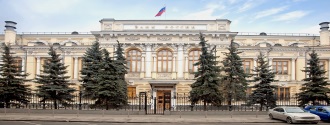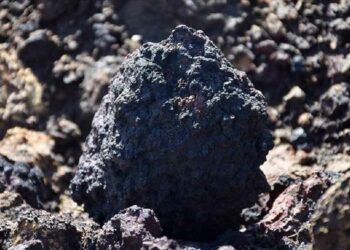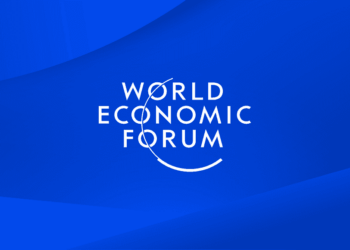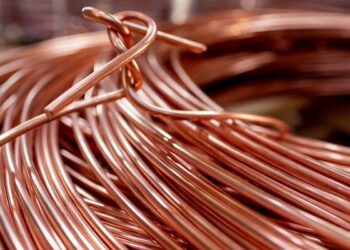Russia’s central bank is now the world’s top gold buyer after adding 356,000 ounces of the precious metals to its reserves in February, data from the International Monetary Fund (IMF) quoted by local paper Vedomosti (in Russian) shows.
According to the report, the country — which has been hoarding bullion as of late — increased its foreign reserves last week by another $5.8 billion to $387 billion. That is $19 billion more than what it had at the end of 2015, when the country’s central bank announced it would increase Russia’s gold reserves to $500 billion within the next five years.
Russia’s international reserves include securities, foreign exchange cash, IMF special drawing rights, monetary gold, and a number of other assets.
In February, the country’s central bank added 356,000 ounces of gold to its reserves.
China, another country that has consistently been adding more gold to its reserves, is said to have bought about 320,000 ounces in February. However, the IMF has not yet included China in its statistics for that month.
In contrast, Canada — one of the world’s top 10 gold producing countries — has recently wound down its gold reserves to basically nothing after a multi-year strategy of selling them off in favour of hoarding other countries’ currencies instead.
According to the Department of Finance’s official international reserves data released in early March, Canada’s gold reserves were down effectively to $0 as of the end of February. That’s the value that Ottawa assigns its gold holdings from an accounting perspective.
According to the latest figures from the World Gold Council, however, Russia remains in 7th place in terms of reserves, slightly behind China and significantly below the U.S., which held about 8,133 tonnes of gold, or 72% of its reserve, by the end of February.









